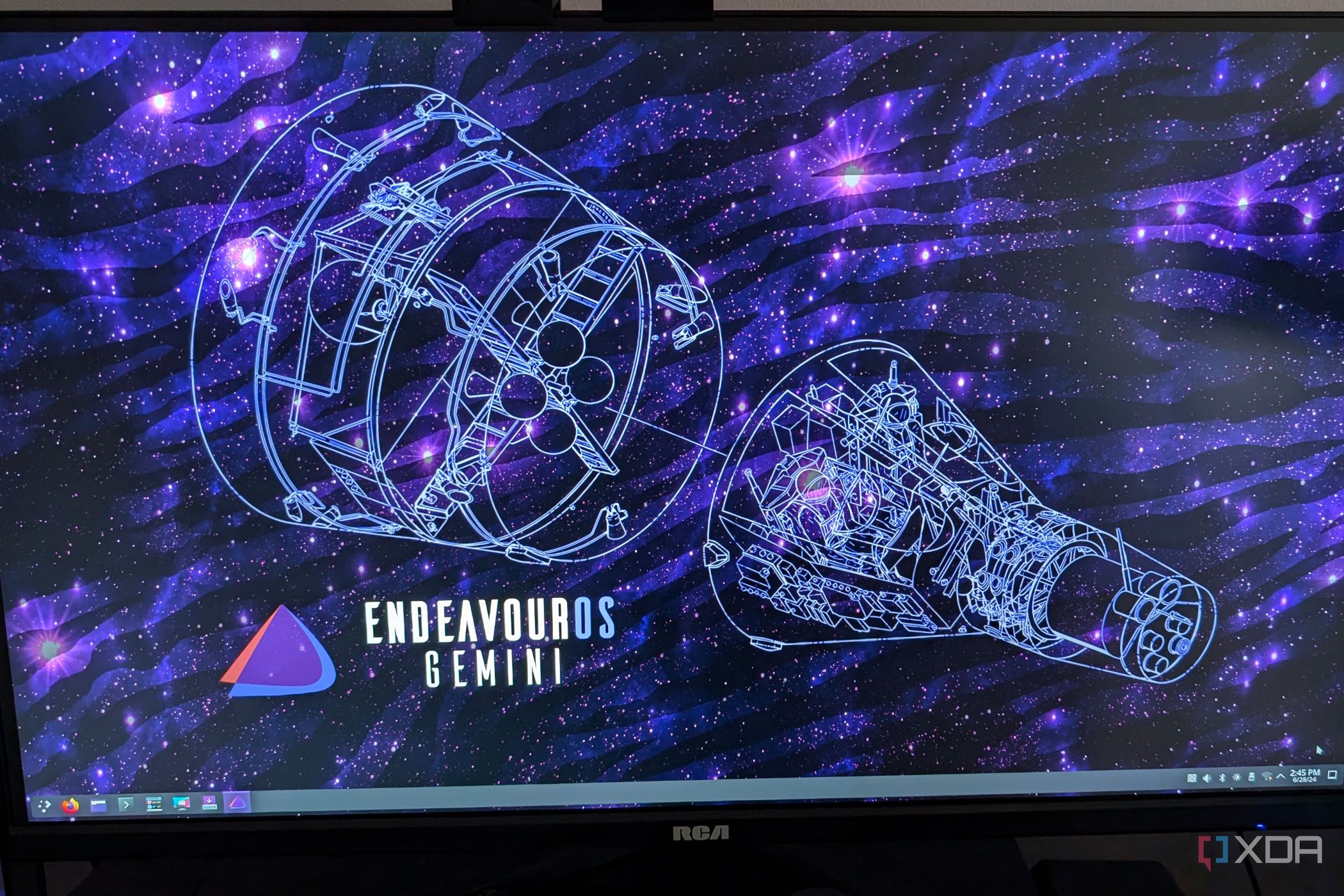Technology
Open Notebook Offers Robust Alternative to NotebookLM for Users
In a significant shift towards self-hosted solutions, users are exploring alternatives to popular tools like NotebookLM. The move is fueled by concerns over data privacy and the desire for more control over personal information. Currently, many are turning to Open Notebook, an open-source platform that provides robust note-taking capabilities while minimizing reliance on major cloud providers.
Overview of Open Notebook
Open Notebook stands out as a versatile, AI-powered note-taking platform. It enables users to create digital notebooks that are compatible with various AI models and file formats, including URLs, PDFs, and even YouTube links for transcript generation. This flexibility allows for a comprehensive analysis of research materials, making it an attractive option for those needing to dissect complex topics.
Key features of Open Notebook include:
- Model Provider Support: Users can choose from a diverse range of AI providers.
- Content Support: The platform accommodates multiple content formats.
- Chat Assistant: An AI assistant is available for deeper insights.
- AI-Powered Notes: Enhanced note-taking capabilities assist in data organization.
- Transformations: Users can process and enrich their content.
- Search and Ask: Powerful search functionalities enhance the research experience.
- Podcast Generator: Users can create engaging podcasts from their notes.
While Open Notebook does not directly integrate with Google Docs or similar cloud services, this limitation can be seen as an advantage for users prioritizing data privacy. All sources are stored locally, preventing unrestricted access to cloud storage and ensuring user data remains secure.
Installation and Customization
Setting up Open Notebook is relatively straightforward for users familiar with Docker. The installation process can be completed in a matter of minutes by saving the docker-compose.yaml file and configuring the necessary API keys for different AI models. Currently, Open Notebook supports a variety of AI models, including:
- OpenAI
- Anthropic
- Gemini
- Mistral
- Deepseek
- Ollama
- Open Router
- Groq
- xAI
- Elevenlabs
- Voyage AI
- Azure OpenAI
- Firecrawl
- Jina
This extensive list allows users to select models that best align with their specific needs and workloads, enhancing the overall functionality of the platform. For example, Google’s Gemini models excel in scenarios requiring larger context windows, while Elevenlabs is particularly effective for podcast production.
Once the sources are uploaded, users can utilize various transformations, such as generating summaries or extracting key points. The platform’s sidebar chatbot also enables users to ask questions for deeper insights, which can be saved as notes for future reference.
Podcasting and Data Control
The podcast generation feature, a highlight of NotebookLM, is also available in Open Notebook. Users can customize various aspects of their podcasts, including participant roles and dialogue structure, resulting in content that feels more tailored to their preferences rather than a generic output. This level of customization reinforces the platform’s appeal, especially for those who value personalized content creation.
For individuals who struggle with memory retention, Open Notebook serves as a valuable tool to consolidate notes, insights, and research findings into dedicated notebooks. This organization facilitates easier access to information whenever needed and supports efficient research methodologies.
While the initial setup for Open Notebook may present challenges, such as managing multiple AI provider APIs and navigating potential token limits, the long-term benefits outweigh these obstacles. Users who prioritize data security and customization will find that Open Notebook aligns closely with their needs.
Ultimately, the transition to Open Notebook reflects a broader trend towards self-hosted solutions in the digital landscape. By keeping data stored locally, users can avoid the pitfalls associated with reliance on external cloud services, ensuring their curated information remains accessible even if specific tools become unavailable.
-

 Top Stories1 month ago
Top Stories1 month agoRachel Campos-Duffy Exits FOX Noticias; Andrea Linares Steps In
-

 Top Stories1 week ago
Top Stories1 week agoPiper Rockelle Shatters Record with $2.3M First Day on OnlyFans
-

 Top Stories6 days ago
Top Stories6 days agoMeta’s 2026 AI Policy Sparks Outrage Over Privacy Concerns
-

 Sports5 days ago
Sports5 days agoLeon Goretzka Considers Barcelona Move as Transfer Window Approaches
-

 Top Stories1 week ago
Top Stories1 week agoUrgent Update: Denver Fire Forces Mass Evacuations, 100+ Firefighters Battling Blaze
-

 Top Stories1 week ago
Top Stories1 week agoOnlyFans Creator Lily Phillips Reconnects with Faith in Rebaptism
-

 Entertainment5 days ago
Entertainment5 days agoTom Brady Signals Disinterest in Alix Earle Over Privacy Concerns
-

 Top Stories7 days ago
Top Stories7 days agoOregon Pilot and Three Niece Die in Arizona Helicopter Crash
-

 Top Stories5 days ago
Top Stories5 days agoWarnock Joins Buddhist Monks on Urgent 2,300-Mile Peace Walk
-

 Health2 months ago
Health2 months agoTerry Bradshaw Updates Fans on Health After Absence from FOX NFL Sunday
-

 Top Stories4 days ago
Top Stories4 days agoCBS Officially Renames Yellowstone Spin-off to Marshals
-

 Sports3 days ago
Sports3 days agoSouth Carolina Faces Arkansas in Key Women’s Basketball Clash



